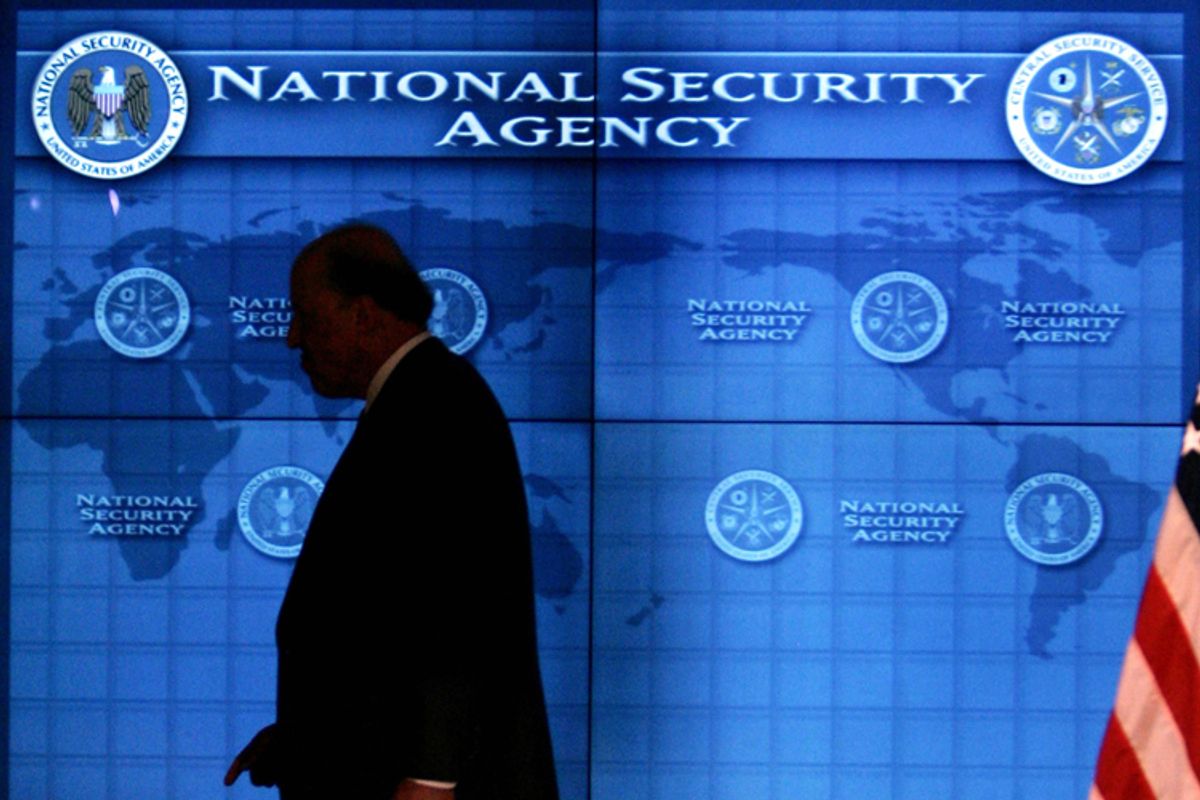Sept. 17 (Bloomberg) -- Brazil’s government is threatening to force Internet service companies such as Google Inc. and Facebook Inc. to set up local data storage centers following allegations the U.S. probed President Dilma Rousseff’s e-mails.
Internet service companies would have to follow Brazilian privacy laws and the government may also decide to store sensitive data such as tax information within the country to protect it from foreign spies, Internet Policy Secretary Virgilio Almeida told reporters in Brasilia yesterday. He spoke after a meeting between industry representatives and Rousseff.
“Brazil has one of the largest IT markets in the world,” Almeida said. “It’s natural that companies have part of their infrastructure in the country.”
The measures designed to protect privacy come in response to allegations that the U.S. National Security Agency used software to access communications between Rousseff and staff members. The president will decide today whether to cancel a state visit to Washington next month in retaliation for the alleged intrusions.
Brazilian authorities earlier this month called off a trip to the U.S. capital that was designed to lay the groundwork for her official visit in October. Foreign Minister Luiz Alberto Figueiredo on Sept. 2 called the alleged spying “inadmissible and unacceptable” and is demanding the U.S. provide an explanation.
‘SECURITY REQUIREMENTS’
“We carry out intelligence like just about every other country around the world,” U.S. deputy national security adviser Ben Rhodes told reporters earlier this month about the allegations. “If there are concerns we can address, consistent with our national security requirements, we will aim to do so.”
The spying allegations were made Sept. 1 on Brazil’s most- watched TV news show, “Fantastico,” by U.S. journalist Glenn Greenwald. He cited secret documents obtained from fugitive security analyst Edward Snowden in May.
Fantastico reported on Sept. 8 the U.S. also spied on Brazil’s state-controlled oil company, Petroleo Brasileiro SA, citing classified documents made available by Snowden.
Communications Minister Paulo Bernardo said Sept. 12 the government is considering developing locally-made network equipment that phone companies would be required to use as a defense against foreign spies. The government is studying measures to attract investment in Internet equipment, Almeida said yesterday.
Brazil, where Congress is preparing to discuss new Internet legislation to protect privacy, follows Germany in calling for a homegrown industry to avoid U.S. surveillance.
Google’s press office didn’t immediately respond to an e- mail and telephone call made after normal business hours. Facebook didn’t immediately respond to an e-mail query also made after business hours.
Telecommunications regulator Anatel said this month it’s investigating contracts between Brazilian operators and foreign companies. The focus is on the “main companies with the largest client bases,” the agency said.
--Editors: Randall Woods, Bill Faries
To contact the reporters on this story: Arnaldo Galvao in Brasilia Newsroom at agalvao1@bloomberg.net; Raymond Colitt in Brasilia Newsroom at rcolitt@bloomberg.net
To contact the editor responsible for this story: Andre Soliani at asoliani@bloomberg.net



Shares